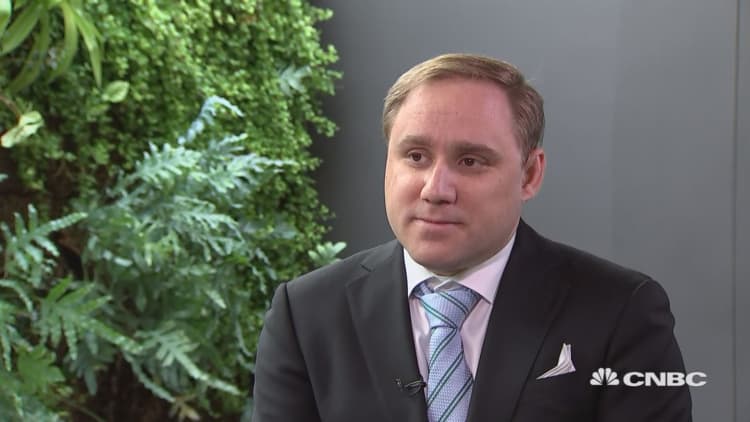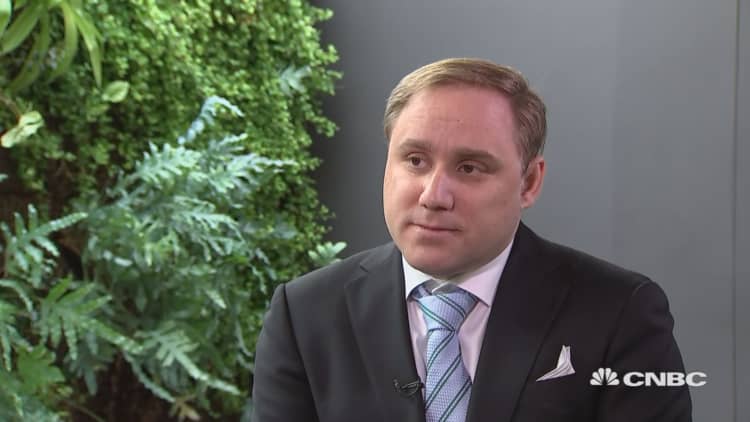
The United States is "vulnerable" to cybersecurity attacks and need to step up their defense mechanisms, the co-founder of the computer security firm CrowdStrike told CNBC Saturday.
Recent cyberattacks, including NotPetya last June, have been devastating to American companies, causing them hundreds of millions of dollars in losses. Other attacks, such as the cybersecurity breach at the Office of Personnel Management (OPM) in 2015, have reportedly given key information to governments like China's that can be used to blackmail American citizens working with sensitive intelligence.
As a result, it is urgent that U.S. authorities become better at protecting their networks, Dmitri Alperovitch, co-founder and chief technology officer at CrowdStrike told CNBC at the Munich Security Conference.
"The U.S. government is actually exceptionally vulnerable," he said.
Despite the "very good" intelligence operations in the U.S., "their procurement process is so archaic that they are not actually able to buy the technologies they need to protect themselves fast enough," Alperovitch said.

However, it is not just the networks in the U.S. that are vulnerable to cyberattacks and need to be improved. NotPetya and WannaCry were two of the most recent attacks and they affected companies worldwide.
"The U.S. is not great at defense but in my travels overseas I realized that everyone else is even worse. So this is not an area where anyone, including their adversaries, are good," Alperovitch added.
He suggested that company networks should be able to do three things: Detect there's an enemy in about a minute; investigate that threat in about 10 minutes; and clean up that invasion within an hour.
"If you are that fast there's not a service in the world that will be able to either destroy your network or actually accomplish the objective of stealing data from you," he said.



